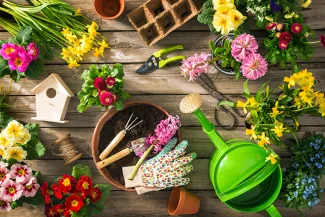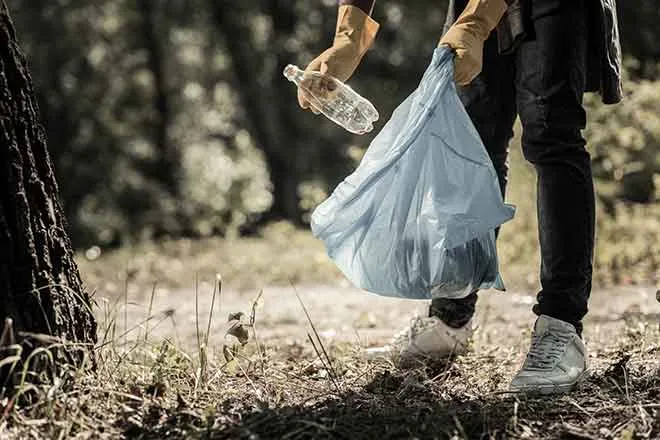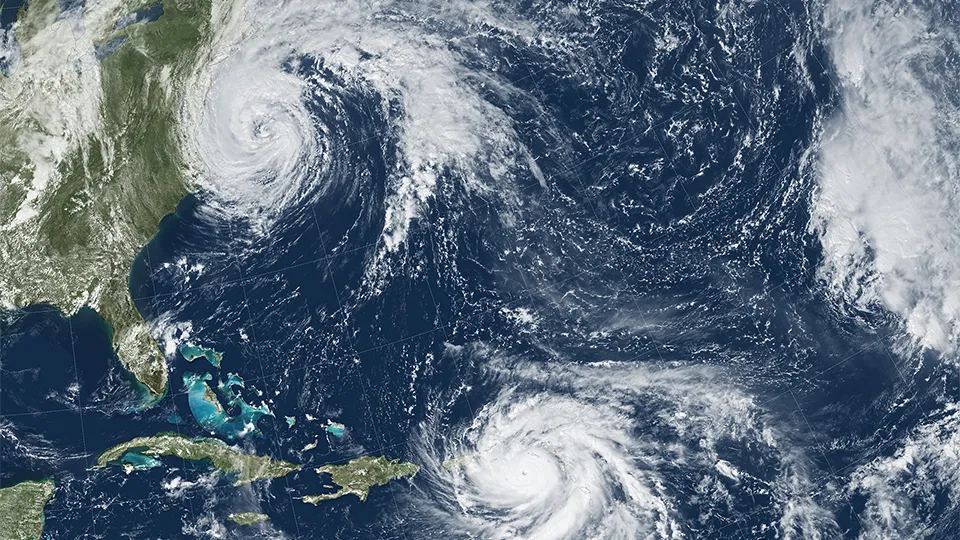
EarthTalk - Why do eco-advocates consider backyard gardens so crucial to conservation?
©
Dear EarthTalk:
Why do eco-advocates consider backyard gardens so crucial to conservation?
Paul Murphy, Butte, MT
Backyard gardens might seem like just a hobby or a way to make a home look nice, but they actually play a much bigger role in conservation. As cities expand and natural habitats shrink, small green spaces like home gardens can provide essential food and shelter for wildlife. This idea falls under garden ecology. This is a field that looks at how gardens function as ecosystems. Homeowners can make a real difference in supporting biodiversity by choosing the right plants and maintaining these spaces with care.
Backyard gardens help is by supporting pollinators like bees, butterflies and birds, all which rely on plants for food. In return, they help plants reproduce. “Urban gardens can act as mini-refuges for pollinators, especially in places where natural habitat is disappearing,” says Dr. Susannah Lerman, research ecologist with the U.S. Forest Service. First of all, without enough green spaces, pollinator populations decline. This then affects everything from wild plant growth to food production. Gardens also create small patches of habitat that connect larger green spaces. This makes it easier for wildlife to move around safely.

iStock
Not all plants offer the same benefits. Native plants that naturally grow in a specific area are the best choice for conservation gardening. They require less water and maintenance since they’re adapted to local conditions, and they provide the right food and shelter for local wildlife. On the other hand, non-native or ornamental plants look nice but can do more harm than good, aggressively taking over native habitats.
Garden ecology research also shows that diverse gardens help improve soil health and support a wider variety of species. A mix of trees, shrubs, and flowers at different heights can create a more balanced ecosystem. The more plant diversity a garden has… the more kinds of insects, birds, and small mammals it can support. Some homeowners even participate in citizen science projects e.g. they can track the species that visit their yards to contribute to conservation research.
Making a garden more wildlife-friendly doesn’t require a complete overhaul. One can start by planting a few native species, reducing pesticide use, and letting part of their yard grow more naturally. Even small changes can make a difference. For example, leaving fallen leaves for insects to hide in or providing a water source for birds. Backyard gardens may not seem like much, but when enough people take the right steps they become an important part of conservation efforts.
CONTACTS
- Residential yards as an opportunity for biodiversity conservation, phys.org/news/2023-10-residential-yards-opportunity-biodiversity.html
- What is Garden Ecology and How Does it Impact Your Life? https://www.metroparks.com/what-is-garden-ecology-and-how-does-it-impact-your-life/.
EarthTalk® is produced by Roddy Scheer & Doug Moss for the 501(c)3 nonprofit EarthTalk. See more athttps://emagazine.com. To donate, visit https://earthtalk.org. Send questions to: question@earthtalk.org.

















